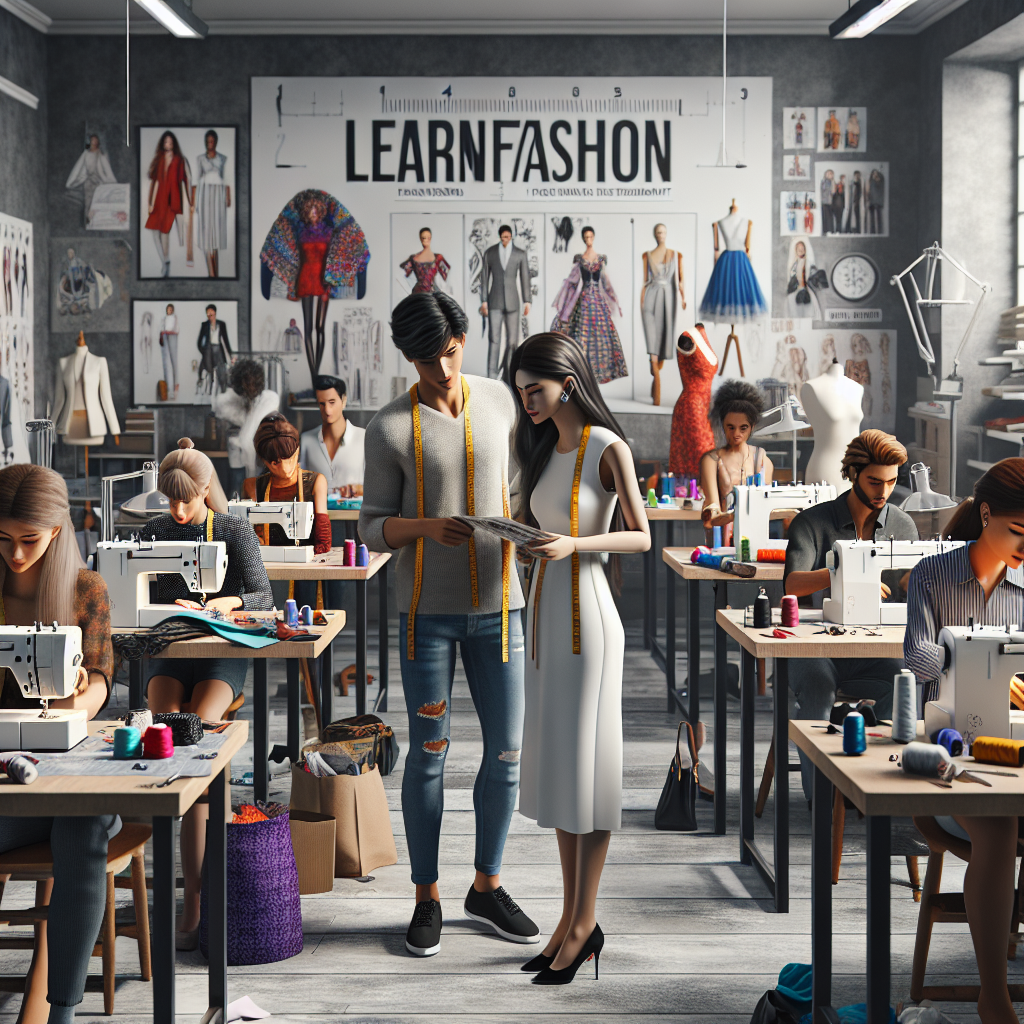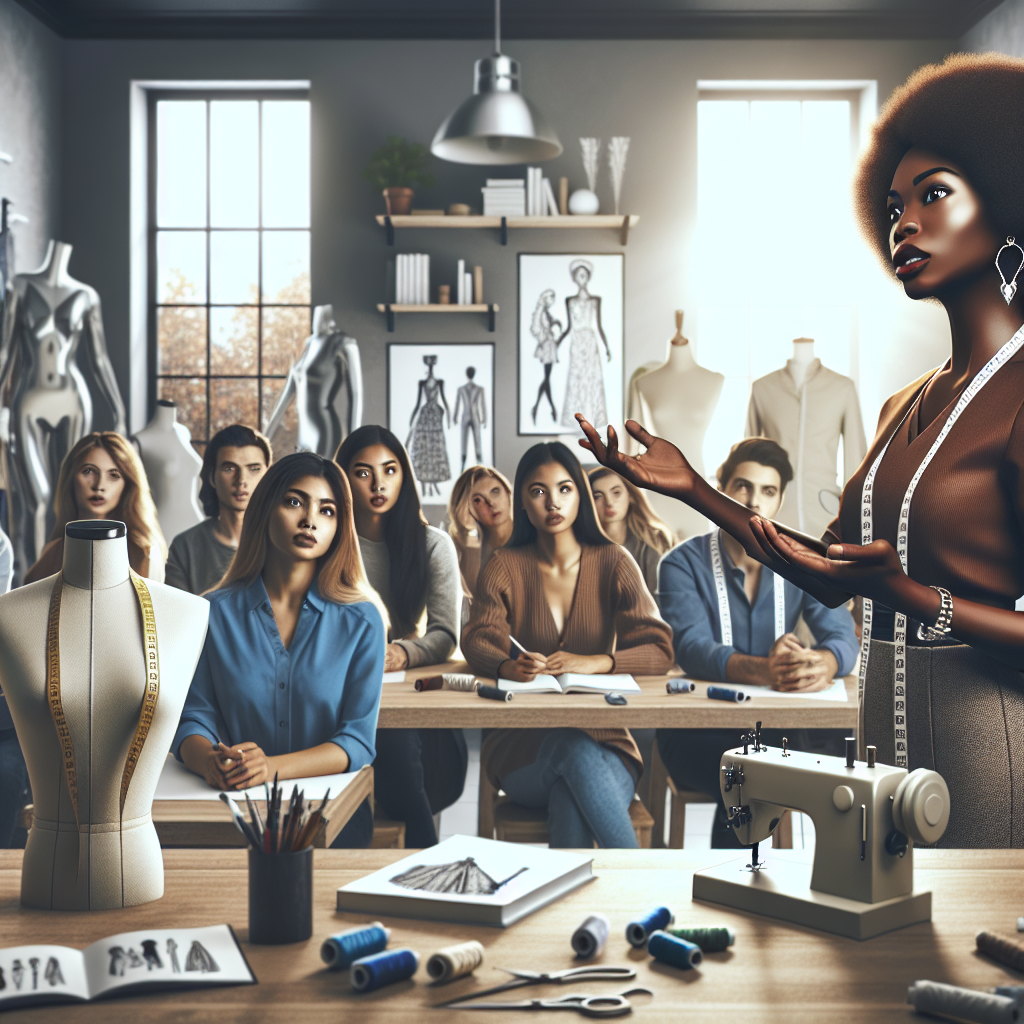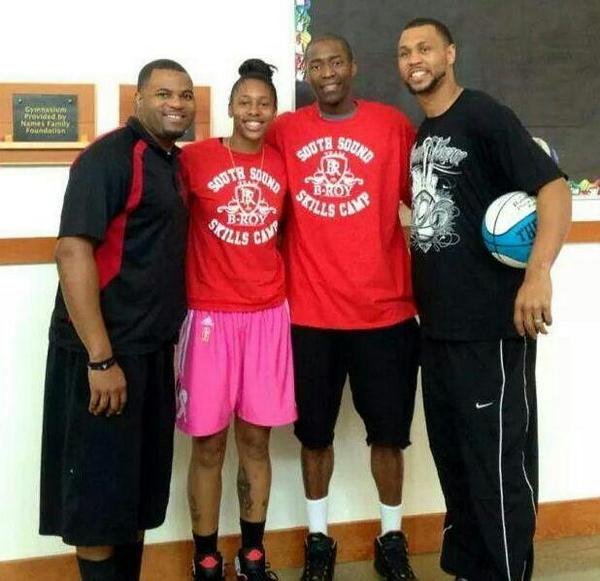Elevate Your Style: Essential Fashion Skills Development for Students and Professionals
In the dynamic realm of fashion, the importance of honing essential skills cannot be overstated for both students and professionals seeking to elevate their style and impact. As the fashion industry continues to evolve, a robust education in fashion design and related disciplines becomes crucial. This comprehensive guide delves into the plethora of resources available for fashion education, encompassing specialized fashion design courses, rigorous fashion industry training, and hands-on fashion workshops. Whether you’re a burgeoning fashion designer eager to learn fashion fundamentals or a seasoned professional aiming to refine your craft, exploring the offerings of renowned fashion schools can significantly enhance your fashion skills development. Embark on this journey to discover the tools and knowledge necessary to thrive in the ever-competitive world of fashion.
Mastering Fashion Skills Development
Understanding Fashion Education Pathways
Fashion education pathways present a myriad of opportunities for those looking to excel in the industry. From foundational courses to advanced fashion design programs, each path offers unique advantages. Many aspiring designers begin with introductory fashion design courses that teach basic skills such as sketching and fabric selection. More advanced studies delve into sophisticated techniques, preparing students for real-world challenges. Renowned fashion schools like Parsons and Central Saint Martins provide comprehensive programs that blend theoretical knowledge with practical experience, crucial for holistic fashion skills development. Additionally, fashion industry training programs and workshops offer hands-on experiences that simulate professional environments, bridging the gap between education and employment. These pathways not only enhance technical skills but also foster creativity and innovation, essential attributes for success in fashion.
Navigating Fashion Design Courses
Fashion design courses are pivotal for anyone aiming to make a mark in the fashion industry. These courses cover a wide range of topics, from garment construction to digital design, equipping students with essential skills. Programs often begin with teaching foundational techniques such as pattern making and sewing, gradually advancing to more complex subjects like fashion illustration and textile technology. An understanding of fashion history and trends is also integrated, offering a well-rounded education. Institutions like the Fashion Institute of Technology and London College of Fashion provide specialized programs that allow students to focus on their specific areas of interest. Selecting the right course involves considering factors such as curriculum content, faculty expertise, and industry connections. These courses not only build technical proficiency but also encourage critical thinking and creativity, key components for fashion skills development.
Fashion Schools and Their Impact
Fashion schools play a crucial role in shaping the future of the fashion industry. Institutions such as Parsons School of Design and the Royal Academy of Fine Arts are renowned for their rigorous curricula and innovative teaching methodologies. These schools offer a dynamic learning environment where aspiring designers can immerse themselves in both traditional techniques and cutting-edge technologies. The impact of fashion schools extends beyond skill acquisition; they foster a creative community that encourages experimentation and collaboration. Alumni networks from prestigious schools provide invaluable connections and mentorship opportunities, facilitating entry into competitive fashion circles. Moreover, many schools maintain strong ties with leading fashion houses, offering students internships and exposure to industry practices. This blend of education, networking, and real-world experience equips students with the confidence and expertise needed to excel. Thus, attending a reputable fashion school can significantly enhance one’s prospects in the ever-evolving fashion landscape.

Advancing in the Fashion Industry
Fashion Industry Training Essentials
Fashion industry training is essential for a seamless transition from academic learning to professional practice. Such training focuses on real-world skills, ensuring that designers and fashion professionals can meet the demands of the industry. Programs often cover aspects like brand management, fashion marketing, and supply chain logistics, providing a comprehensive understanding of the industry’s operational framework. Workshops and internships are integral to this training, offering hands-on experience in fast-paced environments. These opportunities allow individuals to apply theoretical knowledge in practical settings, fostering adaptability and problem-solving skills. Mentoring from industry veterans is another critical component, guiding trainees through the complexities of fashion business dynamics. As a result, fashion industry training not only hones technical skills but also cultivates business acumen and leadership qualities, preparing individuals for successful careers. Engaging in such training is a strategic step towards achieving long-term success in the competitive world of fashion.

Learn Fashion Through Hands-On Experience
Learning fashion through hands-on experience is invaluable for developing practical skills and industry insight. Participating in fashion workshops and studio sessions allows designers to engage directly with materials and techniques, enhancing their craftsmanship. These experiences are often more impactful than classroom learning, as they simulate real-world scenarios and challenges. Internships within fashion houses or with independent designers provide an in-depth look at the industry’s operations, from design to production and marketing. This exposure helps individuals understand workflow dynamics and client interactions, vital for career progression. Moreover, participating in fashion shows or exhibitions offers a platform to showcase one’s work, gaining visibility and feedback from peers and professionals. Such experiences help refine personal style and approach, fostering creativity and innovation. Overall, hands-on experience is a key component of fashion skills development, equipping aspiring designers with the confidence and expertise needed to thrive in the competitive fashion landscape.
Benefits of Fashion Workshops
Fashion workshops offer numerous benefits for both aspiring and established fashion professionals. These workshops provide a practical environment where participants can experiment with new techniques and materials, fostering innovation and creativity. Unlike traditional classroom settings, workshops often emphasize active participation and collaboration, allowing attendees to learn from peers and industry experts. This interactive approach enhances problem-solving skills and encourages the exchange of ideas and best practices. Additionally, workshops often focus on specialized topics such as sustainable fashion, digital design, or couture techniques, enabling participants to deepen their expertise in particular areas. Networking is another significant advantage, as workshops bring together individuals from diverse backgrounds, facilitating connections that can lead to future collaborations or opportunities. Ultimately, fashion workshops are invaluable for continuous learning and professional development, equipping individuals with the skills and insights needed to remain competitive in an ever-evolving industry.









